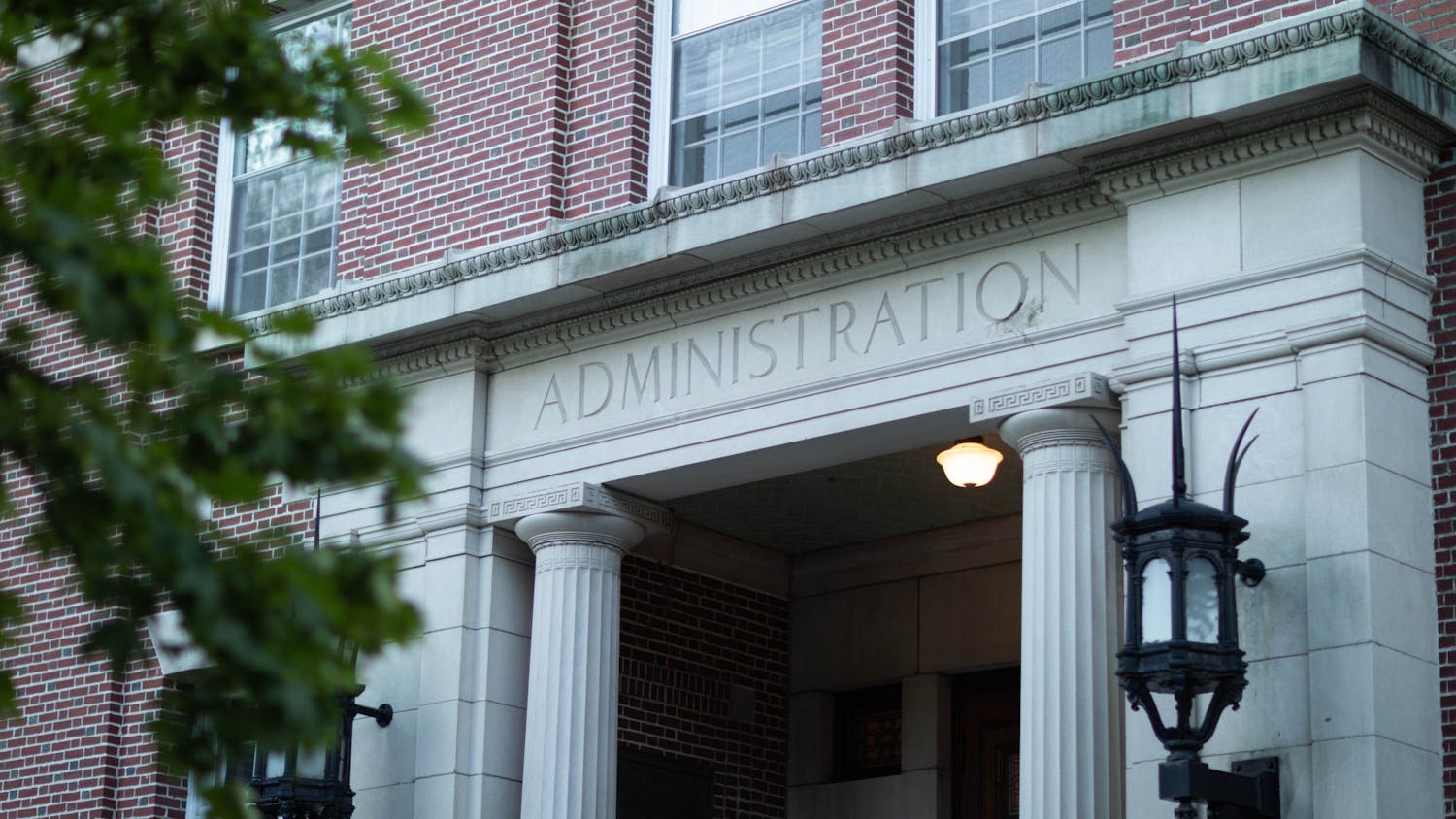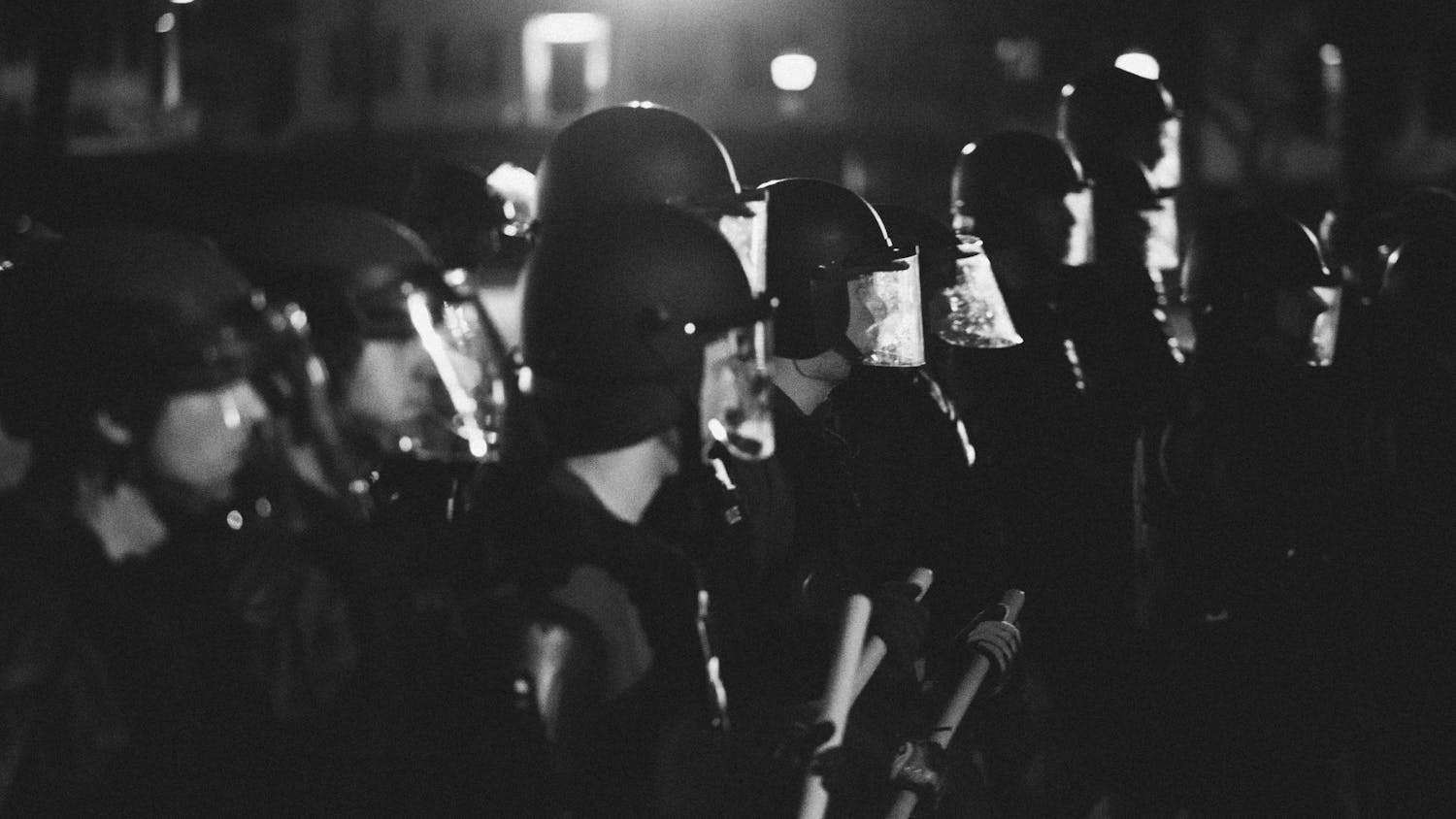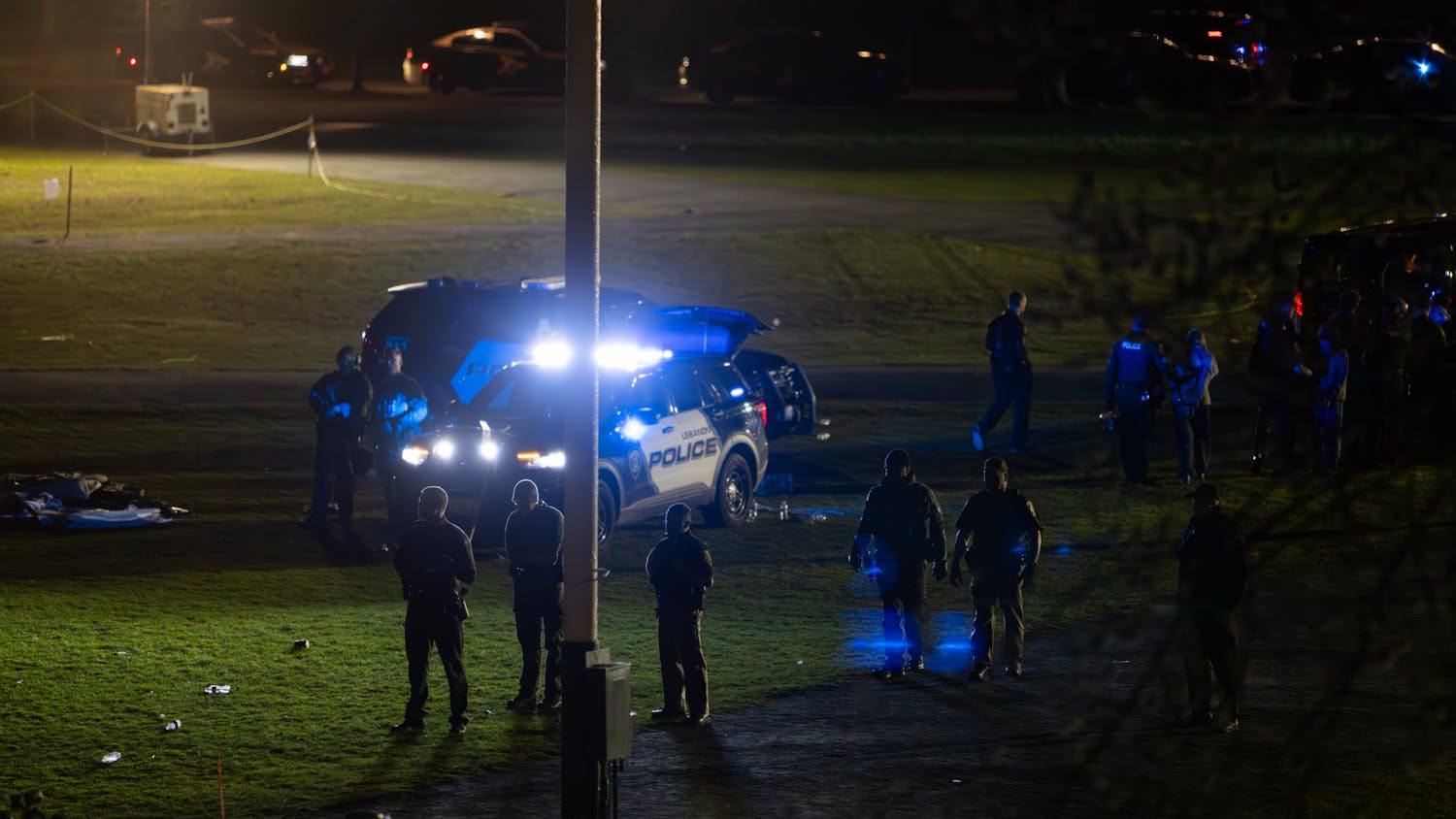Rashid Khalidi, professor of history and Near East Studies and Director of the Center for International Studies at the University of Chicago, spoke last night on "The Middle East Peace Process: What Went Wrong?" to 180 people in 28 Silsby Hall last night.
He expressed strong views on the American media's "idiotic" portrayal of the Middle East, the United States' flawed mediation in the conflict, Israeli injustice and Palestinian suffering, and our responsibilities as citizens toward Middle East peace.
Khalidi also talked about recent events in the area; including the recent failure of the Camp David summit and the renewed Palestinian uprising; and the future of the peace process.
Khalidi often referred to the American media, which he at one point called "mindless and lemming-like," in his speech.
"The U.S. is victimized by its media," he said in answer to one question. He suggested several more reliable and in-depth sources of information, from the European media to human rights groups.
He also spoke about what he saw as the United States' flawed attempt at mediation. He argued that the United States has clearly sided with Israel in the conflict.
He also reiterated the Palestinian view that Israel had taken land from Palestine illegally, and settled it despite the ongoing negotiations for its return.
When asked by one student if he had a personal bias that would make him unreliable, Khalidi said "no, I don't think I have a bias."
He repeated his main points that the Palestinian people, who are the conquered, had suffered more than the Israelis, and that Palestinians had died in uprisings in much greater numbers.
Khalidi also faulted the Palestinian leadership for incompetence -- for losing control over and respect from the Palestinian people, and for a complete lack of progress toward peace in nine long years of negotiations.
He spoke briefly about "our responsibilities, as citizens of the world, as members of the most powerful country on Earth," to learn about the Middle East and participate in the decisions of our government.
When answering the inevitable "is there any chance for peace in the Middle East" question, Khalidi gave three points that he thought could lead to peace.
He called for a change in the U.S. as the central mediator, a restart of the process outside of previous accords and apologies and restitution from Israel for settlement of Palestinian territory and seizure of Palestinian property.
However, he acknowledged that these changes were not immediately foreseeable, which made the likelihood of peace in the near future slim. The speech was organized by the John Sloan Dickey Center for International Understanding



